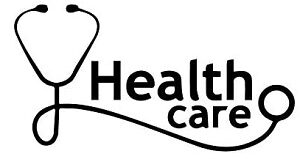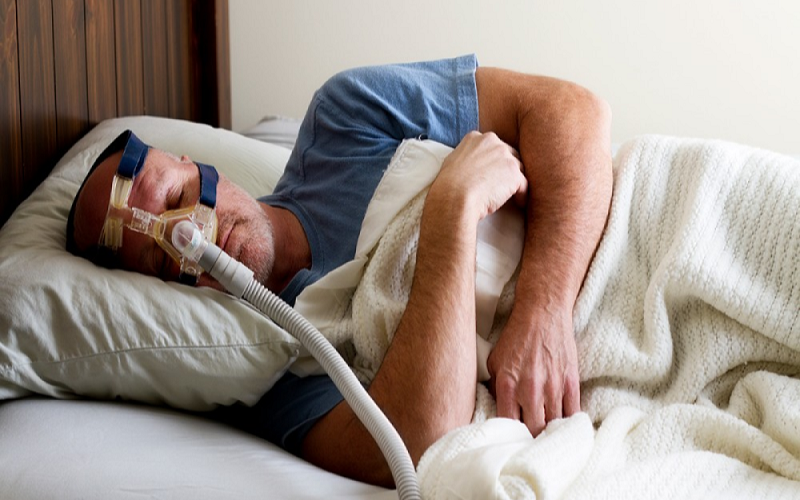Holistic medicine is changing lives. It’s a spotlight on health, a fresh approach. When it comes to sleep disorders, holistic medicine specialists are proving their worth. Traditional sleep aids often fall short. They can cause unwanted side effects – drowsiness, memory issues, and more. On the other hand, natural methods, like hawthorne nad therapy, are showing promise. They tackle sleep disorders from the root, promoting overall health. Today, we will delve deeper into the impact of these specialists on sleep disorders.
Understanding Sleep Disorders
Sleep disorders disrupt daily life. They can lead to other health issues. Understanding them is the first step toward healing. Two common ones are insomnia and sleep apnea. Insomnia is trouble falling or staying asleep. Sleep apnea causes breathing interruptions during sleep. Both are serious conditions that need attention.
Holistic Medicine Specialists’ Approach
These specialists see the big picture. They don’t just treat the symptoms. They look at body, mind, and spirit. Their tools are natural remedies, like herbs and lifestyle changes. They also use therapies like acupuncture, yoga, or nad therapy. This therapy replenishes vital cell components. It helps restore the body’s natural sleep rhythm.
Comparison Between Holistic and Traditional Approaches
Both approaches have their merits. The main difference lies in the approach. Holistic medicine looks at the whole person. Traditional medicine focuses on the symptom. Here is a brief comparison:
| APPROACH | TREATS SYMPTOMS | CONSIDERS WHOLE PERSON | USES MEDICATION |
| Traditional Medicine | Yes | No | Yes |
| Holistic Medicine | No | Yes | No |
Concluding Thoughts
Holistic medicine offers a different perspective. It’s not a quick fix. It’s a journey toward overall health. Sleep disorders are complex. They need a comprehensive approach. Holistic medicine specialists provide this. They see beyond the symptoms. They look at the root cause. They use natural remedies. They restore balance. They change lives. For more information on sleep disorders and treatment options, visit the National Institutes of Health website.




